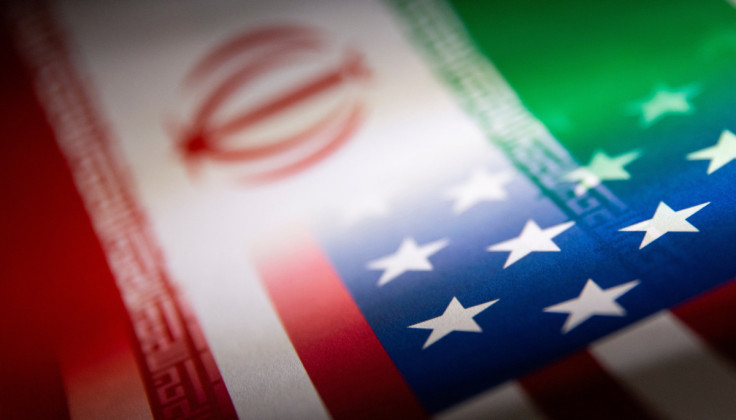Iran Allows Crypto Use For Imports To Circumvent Sanctions
Iran has introduced a new law that will allow businesses to use crypto for import transactions and thereby circumvent some sanctions imposed by the United States over its nuclear program.
Iran's semi-official news agency Tasnim on Monday quoted Minister of Industry, Mine and Trade Reza Fatemi Amin as saying that the law has been introduced after an agreement between the Ministry of Industry and the Central Bank of Iran. As per the agreement, imports from abroad can be processed with the use of cryptocurrencies.
Cryptocurrencies are based on blockchains and digital ledger technology (DLT) which makes the transaction data public but it becomes very difficult to track the user behind the transactions since there is no KYC procedure. Hence, these tokens can be used to evade sanctions imposed by the U.S.
At the conclusion of an exhibition on the automotive industry Sunday, Amin said that the comprehensive law drafted by the authorities aims to regulate the crypto market while also determining the supply of fuel and electricity for cryptocurrency mining and the usage of cryptocurrencies in particular areas.
Local businesses have been given the liberty to import cars and other items using cryptocurrencies instead of the U.S. Dollar or other fiat currencies which gives the country a method to bypass sanctions imposed by the U.S., the report said.
Alireza Peymanpak, the head of Iran's Trade Promotion Organization (TPO), said that the first import order using cryptocurrency was registered on Aug. 9 and it was worth around $10 million.
Interestingly, in early 2020, Saeed Mohammad - the then commander of Khatam-al Anbiya Construction, a firm owned by the Iranian Revolutionary Guard Corps, which is a branch of the Iranian Armed Forces - asked the government to introduce a law that involved using cryptocurrencies to evade sanctions imposed by the U.S.
"We are demanding a more sophisticated mechanism to circumvent sanctions, and we are calling for the activation of the use of cryptocurrencies, and we want bilateral or multilateral monetary agreements," Mohammad stated at the time, according to a report from the Iranian Labour News Agency (ILNA) in 2020.

© Copyright IBTimes 2025. All rights reserved.





















